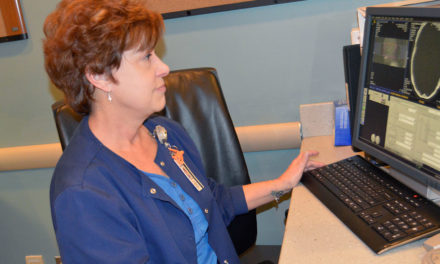Good night, sleep tight! Sleep apnea is one of the most common sleep disorders, affecting hundreds of thousands of Americans each year.
Sleep apnea is a disorder that affects how regularly a person breathes while they sleep. One of the most important things to understand about this condition is its potential seriousness.
Having sleep apnea is a risk factor for a number of chronic health issues, mostly due to the fact that limited breathing reduces an individual’s blood oxygen levels. This increases risk for cardiovascular disease, including heart attacks, high blood pressure, and high LDL (the “bad” cholesterol).
How Do I Know If I (Or My Partner) Have Sleep Apnea?
Not being able to breathe at night sounds scary. But in most cases, sleep apnea patients don’t even realize they’ve stopped breathing. They may wake up enough to start breathing normally again, but oftentimes, not enough to remember it in the morning.
Your partner may notice it though! They may observe loud snoring, gasping, or choking noises during the night. Other sleep apnea symptoms to note:
- Feeling sleepy or lethargic during the day
- Waking up with a dry mouth
- Difficulty falling asleep or staying asleep (insomnia)
Next Steps for Sleep Apnea Patients
If you suspect that you or a loved one has sleep apnea, then a prescription is required for a sleep study, an evaluation to determine sleep disorders. Primary care doctors often prescribe sleep studies for their patients, but they can also be prescribed by a pulmonary medicine specialist.
The Catholic Health system has two sleep centers where these evaluations would take place, one at Kenmore Mercy Hospital, and another at the St. Joseph Campus of Sisters of Charity Hospital. Let our team of skilled sleep care professionals analyze your sleep disruptions, so you can rest easy.
Find a Sleep Medicine Specialist Near You
Call (716) 706-2112
Find a Sleep Medicine Specialist Near You
Call (716) 706-2112





